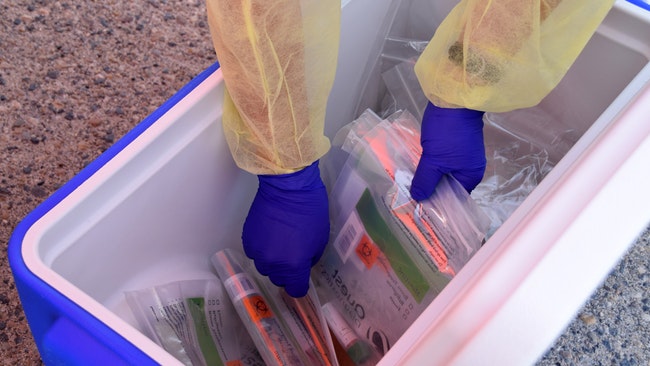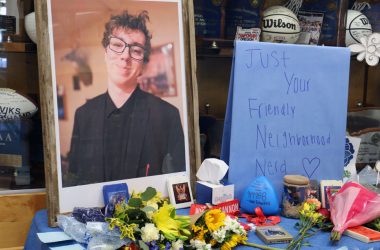
A study intended to track the coronavirus in Oregon and understand its impacts on minorities is now dead after Oregon Health & Science University, which lead the research, found that not enough minorities signed up to participate.
The Key to Oregon study, projected to cost $24 million, was to track 100,000 people’s coronavirus symptoms and regularly test 10,000 Oregonians who volunteered. One of its original goals was to make sure people of color signed up to participate, but that did not happen.
“OHSU realizes that this research cohort does not currently represent the state in the way that is necessary,” the university said in a statement Thursday morning.
The program’s failure is a major hit to Oregon’s effort to monitor, study and ultimately curb the pandemic. The pandemic has hit Black people, American Indians and Pacific Islanders particularly hard, with coronavirus case rates up to 10 times as high as for whites.
With a 2.4% random sample of Oregon’s population, the study was expected to help the state understand where the virus is most prevalent in the state, catch new cases and outbreaks early, open schools faster and help prevent future outbreaks, the university said in May, when the program was first announced.
At the time, Gov. Kate Brown called the program a “game changer.”
But in OHSU’s attempts to enroll Oregonians the university struggled with one key component to the study: making sure enough Black, Native American, Latinx, Hispanic, Asian and people from other underrepresented communities enrolled.
That happened because OHSU didn’t make sure those communities’ representatives participated in designing the study, the university said. The university realized some of the study’s flaws and, in June, pulled in experts from underrepresented communities to help redirect the study. In the end, that was not enough.
Monica Maxwell, a Hispanic Oregonian, was turned away by OHSU after she tried to enroll in the study, according to emails she forwarded the newsroom. Maxwell wrote the university an email in May to ask to participate, adding that she is Hispanic. In its reply, the university said the study would include only people selected to participate at random.
“I was hoping that being a Hispanic woman, that would give them information they wouldn’t have otherwise,” Maxwell said.
This story is published with permission as part of a statewide collaboration of news organizations to share stories. The Enterprise is part of the collaboration.
YOU CAN HELP KEEP LOCAL NEWS FLOWING: Reader support allows the Enterprise to provide in-depth, accurate reporting that otherwise would not get done. Keeping the community well informed is essential. SUBSCRIBE – $5 a month, automatically. DONATE – to provide additional support.




